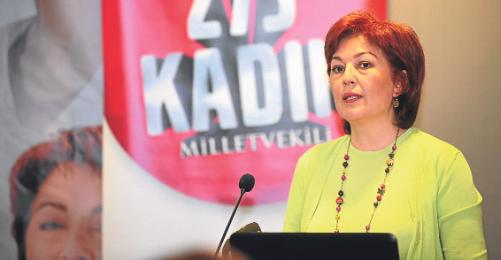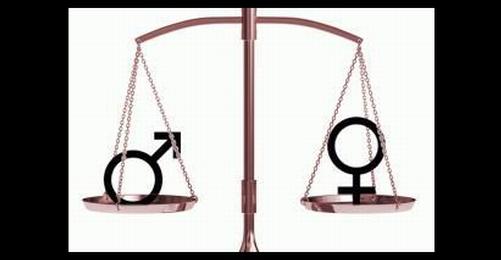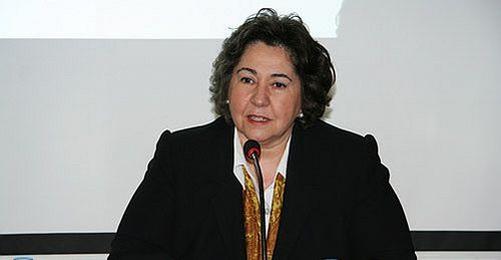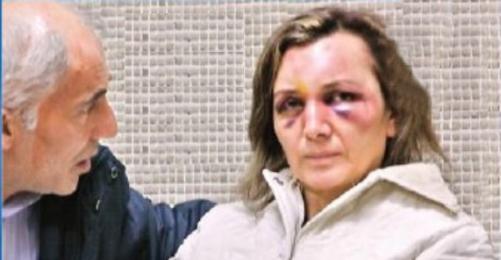The research team stressed the fact that Nazime Alir had to return to her husband because she could not take her two sons to her parent's house. "Many women who undergo violence are killed or are constantly faced with violence because of similar reasons," said the researchers.
Alir had applied to the local police station a month before the murder, and to the sub-governor four days before. She had also gone to the prosecutor's office numerous times.
Her husband Ferzende Alir had once been ordered to keep away from the house for six months. The two formally got married in 2000, although in 1999 Nazime had received hospital reports for undergoing intensive physical violence.
Sub- governor Omer Ozcan did not help Alir who came to him with bruises on her face and asked for a place to stay, saying he is "faced with similar requests all the time."
"There was no place I could have sent her to," said Ozcan. "I could not have prevented what happened even if I had sent her somewhere."
Ozcan, who had to face with his conscience after Alir's death, said a commission, made up of local state and religious officials, had completed infrastructure studies. He said they would organize a joint workshop with women's groups.
Nazime Alir's children were sent to the Social Services Children Protection Institution with the efforts of VAKAD and IHD.
He spilled the fuel-oil and informed the local governor
Ferzende Alir spilled fuel-oil on Nazime Alir in a field near the village and burned her to death. He later called the sub-governor and informed him about the murder.
VAKAD and IHD said the families of Ferzende and Nazime, the police station, the local governor and religious official; the prosecutors, governorship and other local officials all had a responsibility in the murder.
The research team, made up by members of VAKAD and IHD, met with Nazime Alir's brother Ekrem Ceylan, her relative Omer Bubabet, village headman Salih Agu, the village's religious leader, Ferzende Alir's father Cavus Alir, the villagers, sergeant Kadir Ates, sub-governor Omer Ozcan, and prosecutor Mustafa Baklaci.
According to the research team's report, village headman Salih Agu said Ferzende Alir worked in Istanbul, did not give money to his wife and family, and constantly beat Nazime Alir.
"One day before the murder, they called from the local police station and said Nazime was there. I took the village's religious leader with me and went to the police station. When Nazime saw me, she started shouting and saying she did not want to go back to her father's house. We took Nazime to a house in the village that night. Next day Nazime returned to her home by herself. When we went to the police station, we saw that Nazime had bruises on her face."
Nazime Alir's brother Ekrem Ceylan said his sister was constantly beaten by Ferzende Alir.
Ceylan said they had gone to the local police station and prosecutor's office.
"I have to go back home for my children," Nazime told the prosecutor, according to Ceylan. He added:
"I heard Nazime went to the prosecutor's office, the district official and the police station with a bruised eye. If that is true, and if these people did not do anything, I will file complaints against the head of the police station, the chief prosecutor and the district official. I will also file complaints against the village headman and the villagers who were seeing the bad things happening to Nazime, but who did not do anything about it." (BB/YS/EA/YE)









